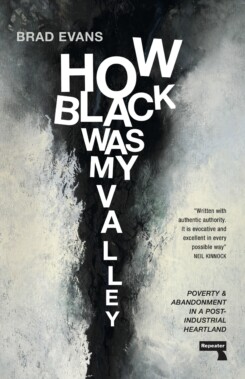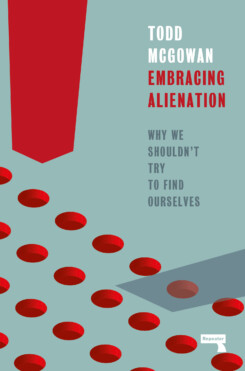£7.99 – £10.99
To be working-class in a middle-class world is to be a ghost. Excluded, marginalised, and subjected to violence, the working class is also deemed by those in power to not exist. We are left with a choice between assimilation into middle-class values and culture, leaving our working-class origins behind, or total annihilation.
In The Melancholia of Class, Cynthia Cruz analyses how this choice between assimilation or annihilation has played out in the lives of working-class musicians, artists, writers, and filmmakers — including Amy Winehouse, Ian Curtis, Jason Molina, Barbara Loden, and many more — and the resultant Freudian melancholia that ensues when the working-class subject leaves their origins to “become someone,” only to find that they lose themselves in the process.
Part memoir, part cultural theory, and part polemic, The Melancholia of Class shows us how we can resist assimilation, uplifting and carrying our working-class origins and communities with us, as we break the barriers of the middle-class world. There are so many of us, all of us waiting. If we came together, who knows what we could do.
Cynthia Cruz is the author of six collections of poems and a volume of critical essays.
“An unprecedented reckoning with class and poverty as it relates to creative life in the modern age. Cruz shines a clear-eyed and evincing light on what often elides description in literary arts: the economic and social cost of life under and through the written word. Through capacious, erudite, and ultimately compassionate interrogation of capitalism’s steady and pervasive chiasma on literary culture and beyond, Cruz forges a merciful new footing to state what’s long overdue: that many of us have been dying while we write, and that the sorrow of surviving poverty, if at all, is a grief finally named in this courageous and deeply true work.”
“Cynthia Cruz knows all the traps, dead ends, and false victories waiting for working class kids trying to become ‘someone’ in the eyes of the monied world. In her deft portraits of artists like Paul Weller and Barbara Loden, she not only defines invisible barriers and gives voice to unspoken forms of despair, but also offers avenues of escape. This is a vital book, deeply personal and charged with the kind of wisdom and solidarity that only belongs to those who understand what it feels like to be overlooked and left behind.”




